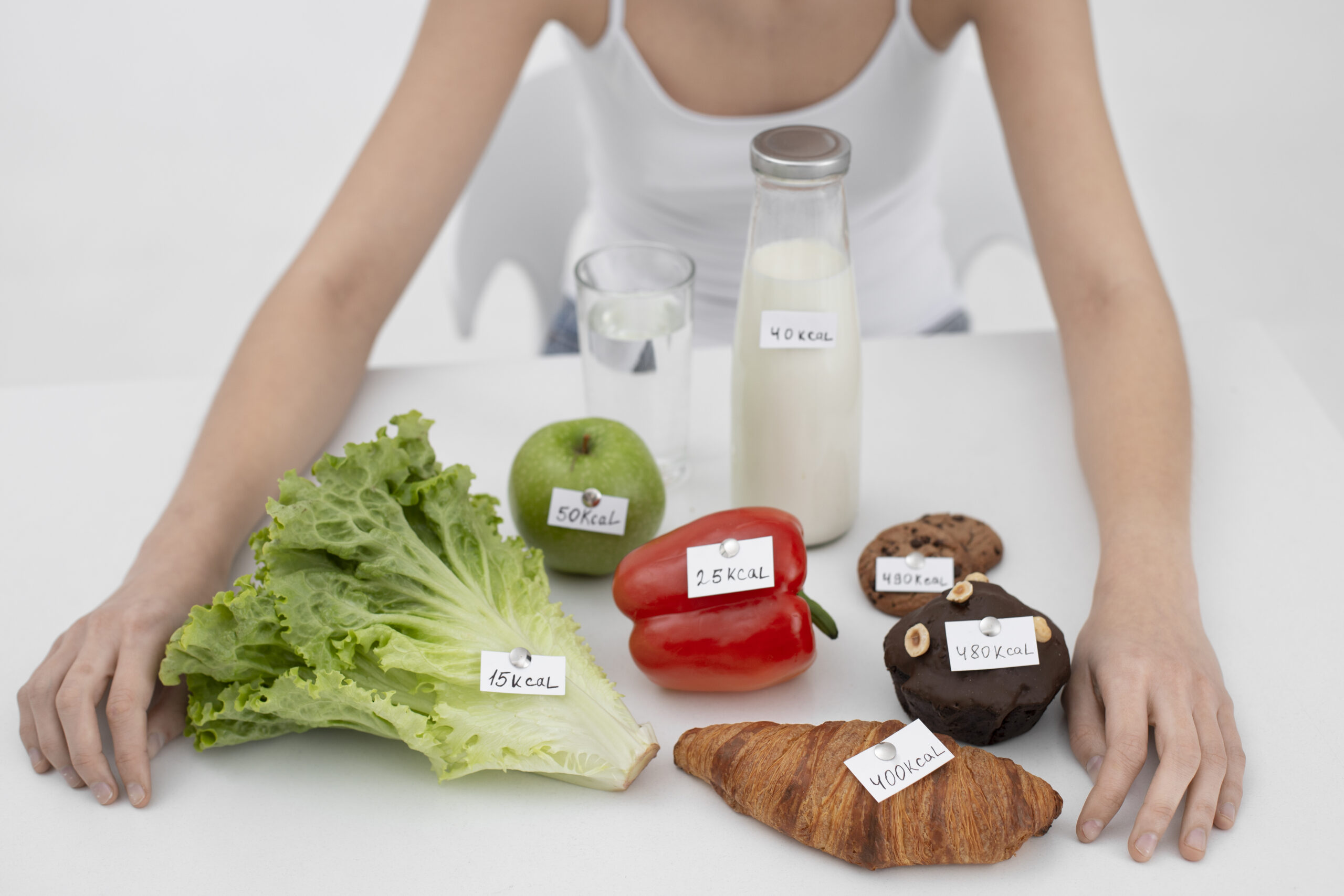When it comes to Protein in weight loss, the conversation often revolves around calories, carbs, and exercise routines. However, one crucial element that often doesn’t get the attention it deserves is protein. Protein is not only essential for building and repairing tissues, but it also plays a pivotal role in weight management. Understanding the role of protein in weight loss can help you maximize your results, making it easier to achieve and maintain your desired weight.
The Basics of Protein in Weight Loss
Proteins are macronutrients composed of amino acids, which are the building blocks of the body. They are vital for various bodily functions, including the repair of tissues, hormone production, and immune response. Unlike fats and carbohydrates, protein is not stored in the body, so it must be consumed regularly to meet the body’s needs.
There are two main types of protein: complete and incomplete. Complete proteins contain all nine essential amino acids that the body cannot produce on its own. These are typically found in animal products such as meat, fish, eggs, and dairy. Incomplete proteins, found in plant-based sources like beans, nuts, and grains, may lack one or more essential amino acids but can be combined to create a complete protein profile.
Protein and Satiety: Keeping Hunger at Bay
One of the primary ways protein aids in weight loss is by increasing feelings of fullness, also known as satiety. Protein is more satiating than carbohydrates or fats, meaning it can help reduce overall calorie intake by keeping you feeling full for longer periods. When you eat protein-rich foods, they trigger the release of hormones like peptide YY and GLP-1, which signal to your brain that you’re full. This can naturally reduce your hunger and decrease the likelihood of overeating or snacking on unhealthy foods.
Moreover, protein has a high thermic effect, meaning the body burns more calories digesting and metabolizing it compared to fats and carbs. Approximately 20-30% of protein calories are burned during digestion, compared to only 5-10% for carbohydrates and 0-3% for fats. This means that by consuming more protein, you’re not only feeling fuller but also burning more calories in the process.
Muscle Maintenance and Metabolism
Another significant benefit of protein in weight loss is its role in preserving lean muscle mass. When you lose weight, it’s not just fat that you lose; muscle mass can also be affected, especially if you’re not consuming enough protein. Muscle tissue is metabolically active, meaning it burns more calories at rest than fat tissue. Therefore, maintaining muscle mass is crucial for keeping your metabolism running efficiently during weight loss.
A diet rich in protein helps to protect against muscle loss, particularly when combined with resistance training exercises. This not only helps to maintain your metabolic rate but also ensures that the weight you lose is primarily fat, rather than muscle. As a result, you’ll not only look leaner but also be more likely to keep the weight off in the long term.
The Role of Protein Timing
The timing of protein intake can also play a crucial role in maximizing your weight loss results. Distributing your protein intake evenly throughout the day can help maintain steady energy levels and prevent muscle breakdown. Many people tend to consume the majority of their protein during dinner, but research suggests that spreading protein intake across all meals is more beneficial.
For instance, starting your day with a high-protein breakfast can help control hunger and reduce calorie intake later in the day. Studies have shown that individuals who consume a protein-rich breakfast are less likely to overeat at subsequent meals compared to those who eat a carbohydrate-heavy breakfast. Similarly, including protein in your snacks can help curb cravings and stabilize blood sugar levels, preventing energy crashes and the urge to snack on unhealthy foods.
How Much Protein Do You Need?
The amount of protein you need depends on several factors, including your age, gender, activity level, and overall health goals. The Recommended Dietary Allowance (RDA) for protein is 0.8 grams per kilogram of body weight, which is considered the minimum amount needed to prevent deficiency in most adults. However, for those looking to lose weight and preserve muscle mass, a higher protein intake is often recommended.
Research suggests that consuming between 1.2 to 2.2 grams of protein per kilogram of body weight can be beneficial for weight loss. For example, a person weighing 68 kilograms (150 pounds) might aim for 82 to 150 grams of protein per day. If you’re engaging in intense physical activity or strength training, you may need even more to support muscle recovery and growth.
It’s important to note that more protein isn’t always better. Excessive protein intake can strain the kidneys over time and may not provide additional benefits for weight loss. It’s essential to find a balance that meets your body’s needs without overconsuming.
Choosing the Right Protein Sources
Not all protein sources are created equal. While animal-based proteins are considered complete, they can also be high in saturated fats and cholesterol. Therefore, it’s important to choose lean protein sources, such as chicken, turkey, fish, eggs, and low-fat dairy. Plant-based proteins, including legumes, tofu, tempeh, and quinoa, are excellent alternatives that provide additional health benefits, such as fiber and antioxidants.
For those on a vegetarian or vegan diet, combining different plant-based proteins throughout the day can help ensure you’re getting all the essential amino acids your body needs. For example, pairing beans with rice or hummus with whole-grain bread can create a complete protein profile.
The Importance of a Balanced Diet
While protein is a vital component of any weight loss plan, it’s essential to remember that balance is key. A diet that includes a variety of nutrients—such as healthy fats, complex carbohydrates, vitamins, and minerals—is crucial for overall health and well-being. Relying solely on protein for weight loss can lead to nutrient deficiencies and other health issues.
Incorporate a wide range of fruits, vegetables, whole grains, and healthy fats into your meals to ensure your body gets the nutrients it needs to function optimally. Combining these foods with a protein-rich diet will support your weight loss goals while promoting overall health.
Practical Tips for Increasing Protein Intake
If you’re looking to increase your protein intake to support weight loss, here are some practical tips:
- Start Your Day with Protein: Incorporate eggs, Greek yogurt, or a protein smoothie into your breakfast.
- Choose Protein-Rich Snacks: Opt for snacks like nuts, seeds, cottage cheese, or protein bars.
- Include Protein in Every Meal: Add lean meats, fish, tofu, or legumes to your lunches and dinners.
- Experiment with Protein Supplements: If you struggle to meet your protein needs through food alone, consider protein powders or shakes as a convenient option.
- Be Mindful of Portion Sizes: While protein is essential, it’s important not to overconsume. Stick to recommended portion sizes and balance your meals with other macronutrients.
Conclusion
Protein in Weight Loss plays a crucial role in weight loss by promoting satiety, preserving muscle mass, and boosting metabolism. By understanding how to maximize your protein intake and choosing the right sources, you can enhance your weight loss efforts and achieve lasting results. Remember, protein is just one piece of the puzzle; a balanced diet and regular physical activity are equally important for long-term success.




